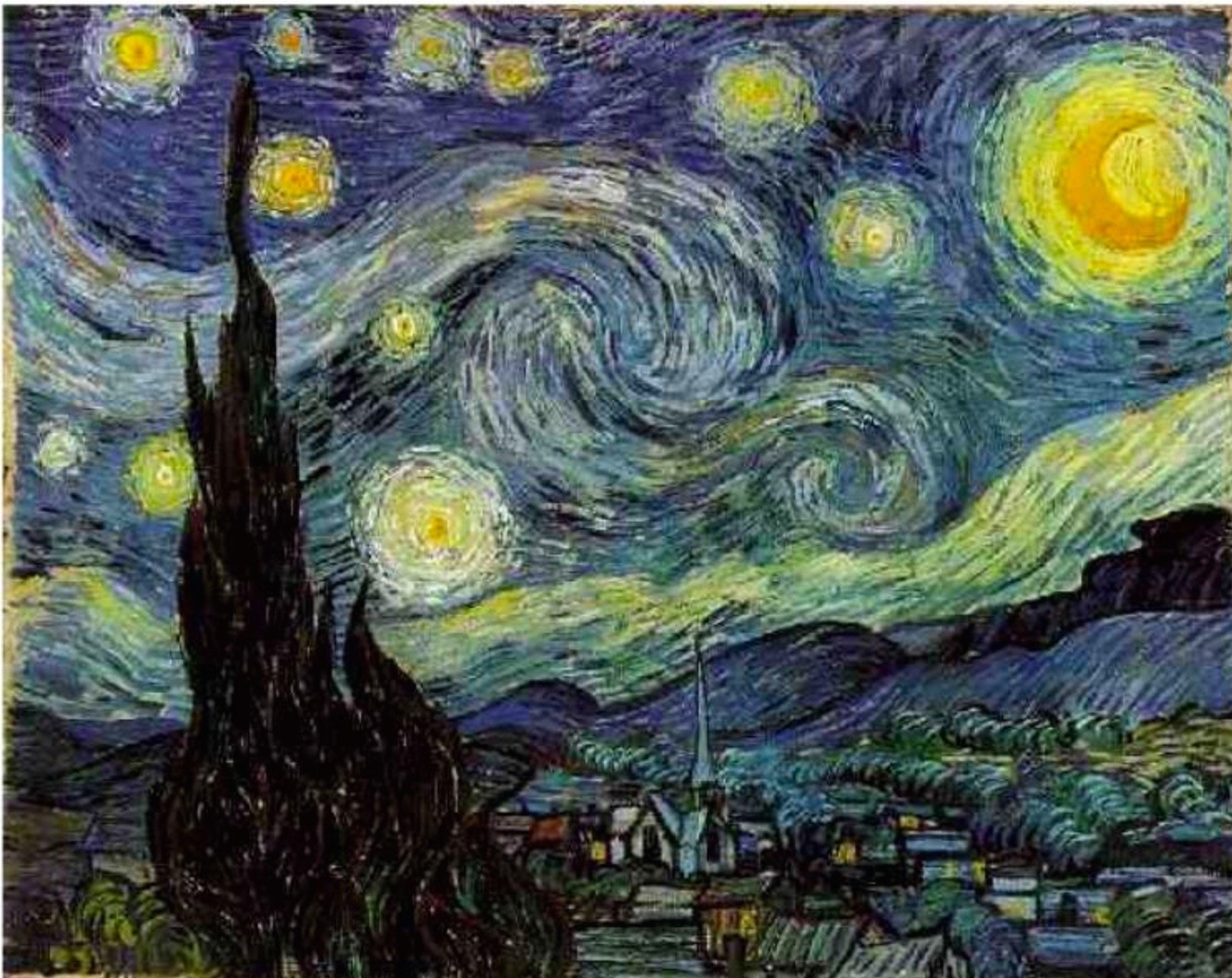Bipolar Awareness Day!
 Bipolar Disorder is a mental health condition that affects about 5.7 million American adults, or about 2.6% of the U.S. population 18 and older, according to the National Institute of Mental Health. The Child and Adolescent Bipolar Foundation estimates that at least 750,000 American children and teens may suffer from bipolar disorder also.
Bipolar Disorder is a mental health condition that affects about 5.7 million American adults, or about 2.6% of the U.S. population 18 and older, according to the National Institute of Mental Health. The Child and Adolescent Bipolar Foundation estimates that at least 750,000 American children and teens may suffer from bipolar disorder also.
Bipolar Disorder, formerly known as Manic Depression, is characterized by mood swings that interfere with healthy functioning in some or all areas of life. People living with bipolar disorder have symptoms of depression alternating with symptoms of mania, to varying degrees.
The depressive part of the cycle typically includes depressed mood most of the day, significant unintentional changes in sleep patterns, appetite, and/or weight, feelings of worthlessness and guilt, loss of interest or pleasure in all or most activities, recurring thoughts of death, and difficulty thinking and concentrating.
The manic part of the cycle typically includes increased self esteem or grandiosity, increased impulsivity and goal directed behaviors, increased involvement in pleasurable activities that may have negative consequences – i.e. shopping sprees, gambling, sexual indiscretion, drug and alcohol use – and sometimes angry, violent, and unpredictable behavior.
People with Bipolar Disorder are loving, creative, passionate people! As the manic phase is ramping up, they are the life of the party. The problem is that when it is not managed well, it can become destructive to their quality of life and those around them.
“I am not an adventurer by choice but by fate.” – Vincent van Gogh
The bright side is that it is treatable! Typical treatment for bipolar disorder includes mood stabilizing medication and psychotherapy for smoothing the rough spots. Like any wellness plan, the basics of self care are essential:
- Stay mindful of your moment to moment experience.
- Recognize the signs of mood swings early.
- Get adequate rest.
- Engage in regular exercise.
- Eat balanced meals.
- Consult with professionals for support and follow their recommendations.
- Develop a strong social network.
If you or someone you know experiences these symptoms, reach out. Get help. It’s possible to stabilize your/their life with medication and support. You don’t have to live a life that feels like a roller coaster ride that’s inescapable. Help is available. You can feel better!
Start by calling your local mental health center or hospital, insurance carrier, or do a google search for therapists and bipolar disorder. There are tons of resources to help you get the information, care, and support you need. Take a proactive stance on your life!
Photos courtesy FreeDigitalPhotos.net by stockimages



